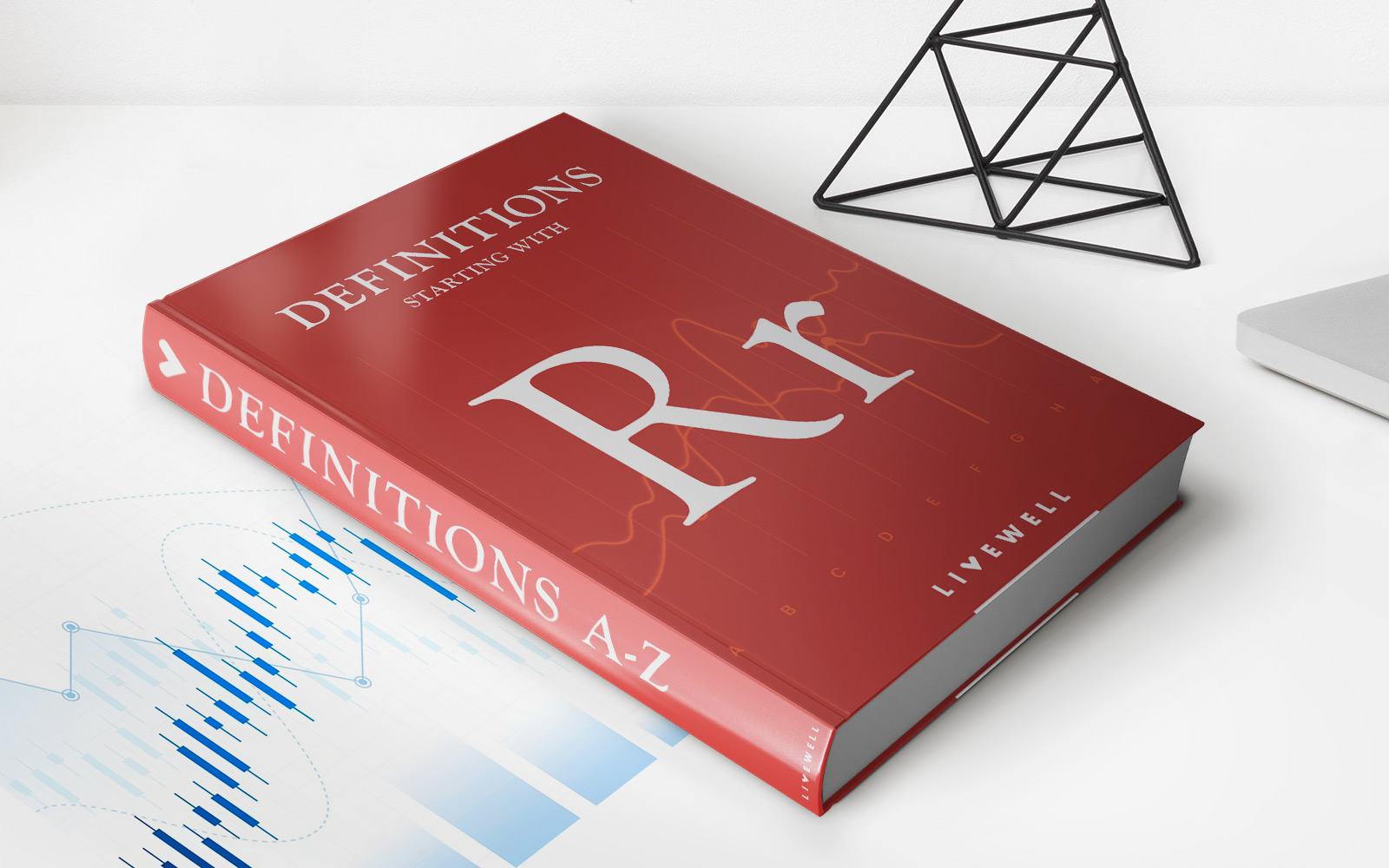

Finance
Market Value Clause Definition
Published: December 23, 2023
Discover the meaning of a market value clause in finance. Understand how this crucial concept impacts financial transactions and investments.
(Many of the links in this article redirect to a specific reviewed product. Your purchase of these products through affiliate links helps to generate commission for LiveWell, at no extra cost. Learn more)
Understanding the Market Value Clause Definition: A Guide to Protecting Your Financial Interests
Finance is a crucial aspect of our lives, and it’s important to be well-informed about various terms and concepts that can impact our financial well-being. One such term that you may have come across is the “Market Value Clause.” In this blog post, we’ll delve into the market value clause definition, its significance, and how it can safeguard your financial interests. Let’s get started!
Key Takeaways:
- The market value clause is a provision commonly found in insurance policies and leases.
- It ensures that the financial compensation or settlement is based on the property’s market value at the time of loss or termination.
So, what exactly is a market value clause? In simple terms, it’s a provision that determines the value at which an insurance claim, lease termination, or any financial settlement will be calculated. This value is determined by the prevailing market conditions at the time of loss or termination, rather than the initial purchase or lease price.
Now, you might wonder why the market value clause is important. Here’s why:
- Protection from undercompensation: By considering the market value at the time of loss or termination, you are protected from being undercompensated. This is particularly important in situations where property values may have significantly appreciated over time.
- Fairness and accuracy: The market value clause ensures fairness and accuracy by adopting current market conditions as the basis for compensation or settlement. It takes into account the dynamic nature of property values.
Now that you understand the importance of the market value clause, where can you typically find it? This provision is commonly present in insurance policies, such as homeowners’ insurance or property insurance, as well as lease agreements between tenants and landlords. It’s crucial to carefully review these documents to understand how the market value clause is incorporated and what implications it may have on your financial interests.
If you find yourself in a situation where you need to make an insurance claim or terminate a lease, it’s essential to understand how the market value clause will be applied. Be prepared to gather evidence of the property’s current market value, such as recent appraisals, comparable property sales, or professional valuations. This will enable you to negotiate and advocate for fair compensation or settlement.
In conclusion, the market value clause is a vital provision that protects your financial interests by ensuring that compensation or settlement is based on the property’s market value at the time of loss or termination. By understanding and being aware of this clause, you can navigate insurance claims and lease terminations with confidence and ensure fair treatment. Remember, staying informed about financial terms and concepts empowers you to make informed decisions and safeguard your financial well-being.














